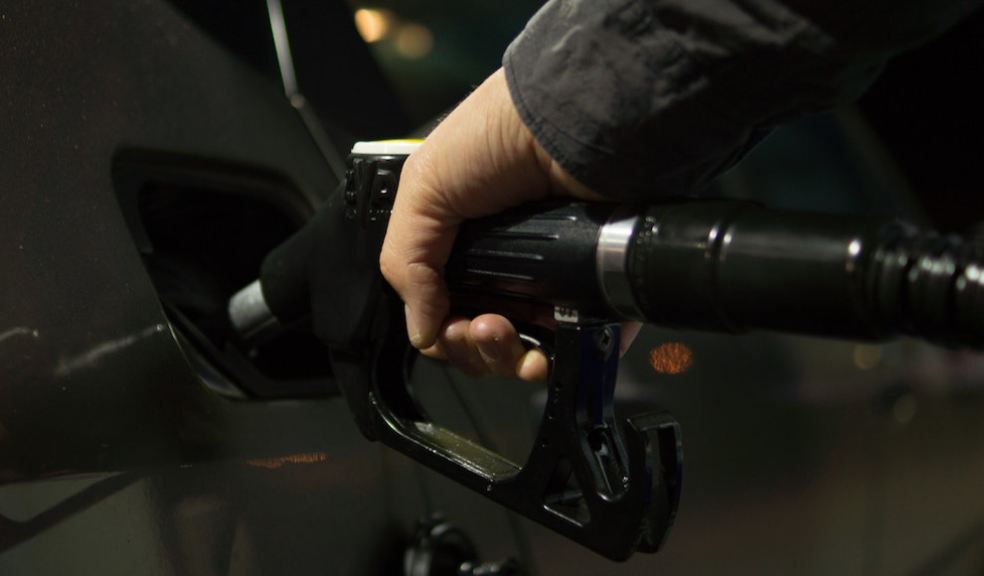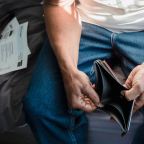
One in ten motorists say they would drive off without paying for fuel as cost-of-living concerns continue to rise
- Motorists admit they are willing to fill up even if they don’t have enough money to pay (7%)
- Nearly 1 in 10 motorists admit they witnessed someone leaving a forecourt without paying (10%)
- Men are twice as likely to drive off without paying compared to female motorists (M: 14% / F: 6.4%)
- Young motorists, aged between 18-24, are the most likely to drive off without paying for their fuel (30%)
- More than 1 in 10 motorists who are 18-24 would consider driving off without paying if they needed the toilet
A survey of 2,000 UK motorists conducted by iCompario reveals motivations behind the rise of petrol station drive offs. With 7% of motorists admitting they would fill up even if they did not have the money to pay. As fuel price inflation currently stands at 23.6%, more drivers now face fuel bills they struggle to afford.
Buy Now, Pay Later (BNPL) schemes have become popular since the start of the cost-of-living crisis with providers such as Klarna and Clearpay offering easy access to fashion, electronics and other popular items, unfortunately this doesn't cover any purchases at the pump. Making off without paying can result in large fines (up to £5,000 Magistrates’ Court). Driving off without making payment is a risk motorists cannot afford.
iCompario's petrol drive off study reveals young motorists, aged between 18-24, are the most likely to drive off without paying for their fuel (30%). In comparison, 87% of motorists aged 65+ say they never would. Overall, 7% of motorists admit they are willing to fill up even if they don’t have enough money to pay.
Driving off without paying isn’t only risky for drivers. Driving off without paying at the petrol station is a forecourt crime. Drivers can risk large fines and even jail time. Research shows forecourt crime has increased by 16% from 2021 to 2022 and forecourts are losing around £7,026.67 every year because of drive offs.
As we head into winter, rising energy bills and other inflated household costs may drive more motorists away from the till. This could cost local businesses thousands of pounds, fine young drivers and even put further strain on police resources.
Commenting on the findings, iCompario Digital Director Kerry Fawcett said: “As winter closes in and the cost of living crisis continues to cause financial hardship for many, anticipation around how this will affect motorists can be felt across the UK. 2022 has been a tough year for motorists and our findings have revealed that 7% of motorists admit they are willing to fill up even if they don't have the money to pay. As we all look to cut costs this winter, leaving a forecourt without paying could make things much worse for drivers and their local petrol stations as the cost of living crisis continues.”











